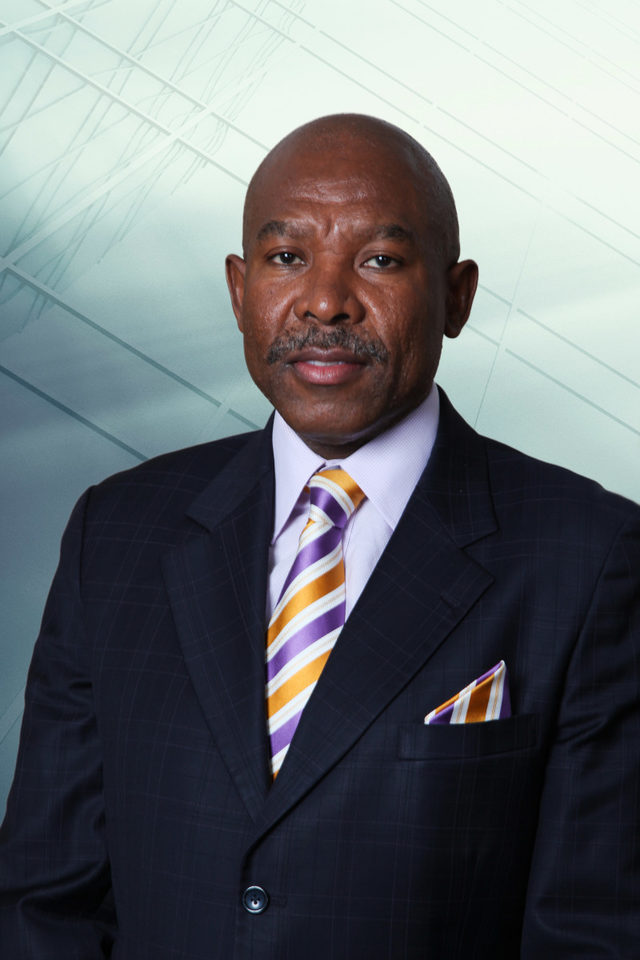The South African Reserve Bank (Sarb) made a decision yesterday to keep the repo rate at 7% and to revise the country’s growth forecast down to 0%. The Sarb has not, however, ruled out the potential for further interest rate tightening later in the year. Sizwe Nxedlana, FNB chief economist, said in a statement:
"The South African economy is undergoing a protracted period of weak growth. This is partly due to exceptionally weak growth in domestic spending that is likely to continue because of ongoing government belt-tightening, low growth in credit extension to households, low consumer confidence and the impact of previous interest hikes."
As it considers whether or not to downgrade the country's investment status, ratings agency S&P is looking at whether South Africa will implement policies that will lead to growth, though as yet there have been no such policies implemented, which does not bode well. Finance minister Pravin Gordhan's primary focus since taking office in December 2015 has been on stabilising the budget and encouraging private-public partnership. This may not, however, be enough to keep the inevitable from happening.
Excerpts from the Statement of the Monetary Policy Committee, issued by Lesetja Kganyago (pictured), Governor of the Sarb, read:
"The domestic economic growth outlook remains extremely challenging, following the contraction in GDP in the first quarter of this year. Although this is anticipated to have been the low point of the cycle, the recovery is expected to be weak. The Bank's latest forecast is for zero per cent growth in 2016, compared with 0,6 per cent previously. Growth rates of 1,1 per cent and 1,5 per cent are forecast for the next two years, down from 1,3 per cent and 1,7 per cent previously. The Bank's estimate of potential output has been revised down marginally to 1,4 per cent in 2016, rising to 1,7 per cent in 2018. This growth outlook is corroborated by the persistent negative trend in the Bank's leading indicator of economic activity. Business confidence remains low with the RMB/BER business confidence indicator falling to its lowest level since 2009 in the second quarter of this year."
"The Monetary Policy Committee remains concerned about the weak economic growth outlook and the medium term inflation trajectory which remains outside the target range of 3 to 6 per cent until the second half of next year. Nevertheless there have been some improvements in the near term inflation prospects following successive downside surprises. This is also the case for core inflation, where the expected breach of the upper end of the target range is now less protracted. While the risks to the inflation forecast are assessed to remain on the upside, these risks have moderated somewhat."











